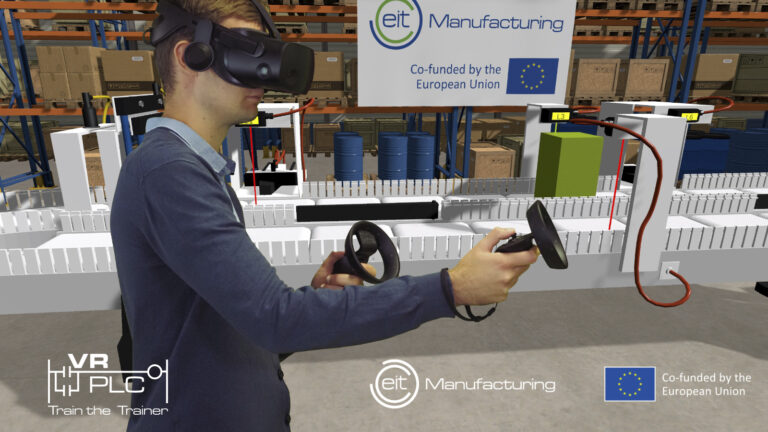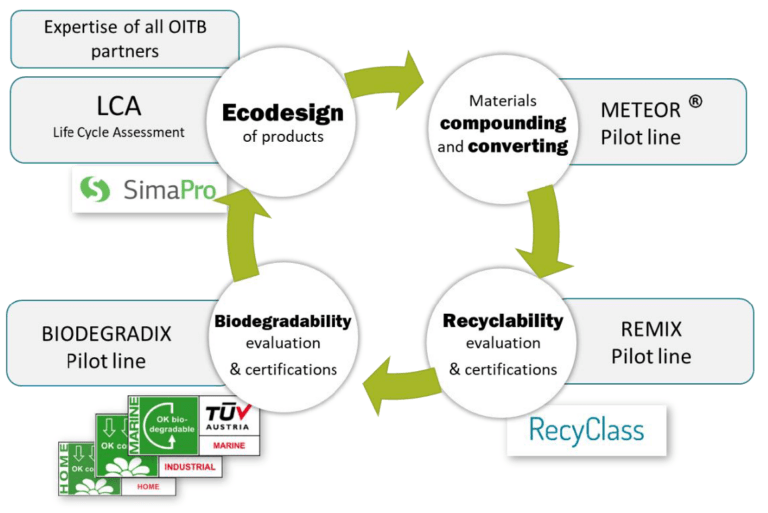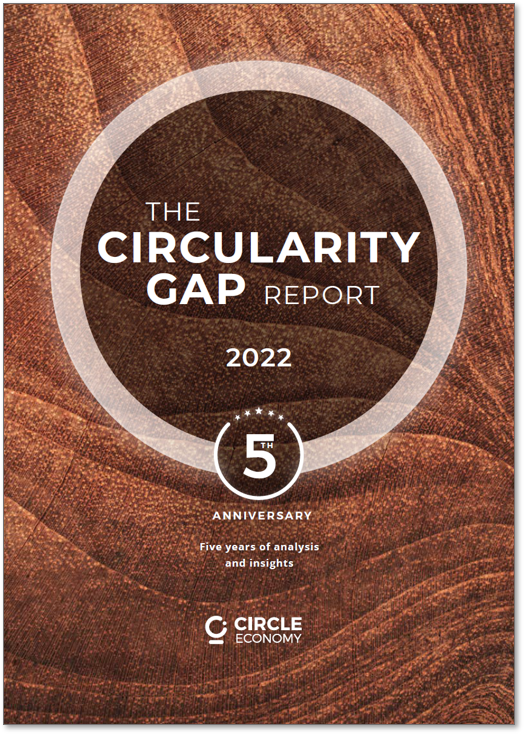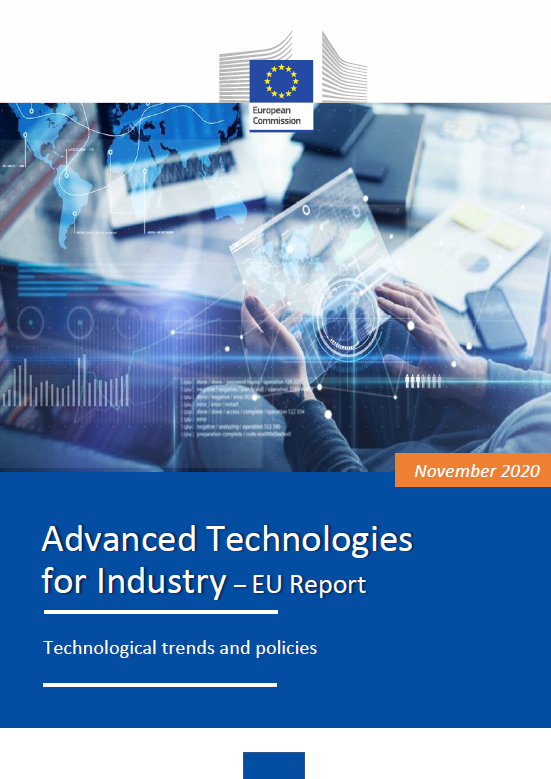Add to favorites:
Share:
Expected Outcome
Proposals under this topic are expected to contribute to EU Initiative on Biotechnology and Biomanufacturing, EU Bioeconomy Strategy and its action plan, as well as the Zero Pollution Action Plan, the implementation of the EU strategy for a Sustainable Blue Economy and the CBE JU Widening Strategy and Action Plan.
Projects results are expected to contribute to the following expected outcomes:
- Developed and validated curricula, related to skills’ development for the sustainable bio-based systems and increased circularity.
- Deployment of EU-wide actions supporting the acquisition of new skills, as relevant for the sustainable and circular bio-based systems.
Scope
Collaboration between university/higher education and industry is a necessary condition for innovation and essential for greater competitiveness of the circular bioeconomy sector(s). Besides technical/technological development, training and re/up/skilling of (future and present) bioeconomy professionals is essential. Key skills could include digital skills, biotech/biomanufacturing, environmental sustainability assessment and circularity, toxicology/risk assessment, ecodesign and safe-and-sustainable-by-design (SSbD) concept for bio-based products, business development, process development etc. Soft skills and cross-sectorial skills remain an important aspect, as well as overall open-mindedness to new knowledge, points of views and cultural differences.
The scope of this topic covers higher education, vocational training, as well as post-graduate and executive courses, as relevant for training students and reskilling and upskilling adult professionals, as needed for the emerging circular bio-based economy.
Proposals under this topic should:
- Establish a network of industry and universities/RTOs. Ensure engagement of stakeholders from the ‘Widening’ countries[1] and make sure that their specificities and needs are incorporated in the development and testing of the curricula. Mutual learning from/to rural and coastal/blue bioeconomy[2], including primary producers, should also be considered.
- Mobilise the network to co-create a set of curricula for education, training and retraining/reskilling/upskilling of students and professionals in the field of circular bio-based systems. Curricula should include both STEM and SSH disciplines. Capitalise on any best practices and success stories, available also at international level.
- Test the implementation of the developed curricula with pilot groups of students and professionals. Some of the training methodologies that may be considered are laboratory practices, field work, internships, simulation, case studies, problem-based learning, supervised projects, vocational training, online classes/webinars etc.
In addition to the specific requirements applicable for the type of action, as described in section 2.2.3.1 of the CBE JU Annual Work Programme 2025[3], proposals under this topic should:
- Consider synergies and links with existing initiatives such as the European Bioeconomy University Alliance (European Bioeconomy University – Driven by demand, accomplished by intellectual leadership), the pact for skills agenda[4], actions linked with the BIOEAST InitiativeF, as relevant. Liaise with biotech industrial clusters and Regional Innovation Valleys, as relevant[5].
- Establish links with the CBE project NEBA Alliance. Link to calls and initiatives under Horizon Europe and related partnerships, as appropriate, to create synergies with their curricula and training activities, including the upcoming Advanced Materials Academy.
- Ensure complementarities with past and ongoing R&I projects addressing similar challenges, including projects funded under Horizon 2020 / Horizon Europe and BBI/ CBE JU[6].
[1] in view of the CBE JU Widening Strategy and its Action Plan, and ensuring synergies with the call HORIZON-JU-CBE-2024-CSA-02 ”Mobilize inclusive participation in bio-based systems and supporting the CBE JU widening strategy and its action plan”
[2] In this context, consider the contribution to the objectives of the Mission “Restore our Ocean and Waters by 2030”
[3] https://www.cbe.europa.eu/reference-documents
[4] Pacts for skills agenda- agri-food
[5] Biotech industrial clusters and Regional Innovation Valleys can, thanks to the close collaboration centres, allow industry to advise universities on the design of the curricula and content for biotech related higher education courses, so that they can better adjust to the needs of EU biotechnology and biomanufacturing companies.
[6] For example, BIOBEC, Biogov.net, ENGAGE4BIO and Talent4BBI.
Partner Requests
Explore Real Collaboration Opportunities
🔍 As a logged-in member, you now have exclusive access to all active Partner Requests for this Funding Call.
See who’s looking for collaborators, explore exciting project ideas, and discover how others are planning to make an impact.
💡 Use these insights to get inspired—or take the next step and start a request of your own (3 entries for free).
Log in or registrate here for free.
You must be logged in to submit or manage a partner request.
Ask our experts about this call
Connect with the Listing Owner!
💬 Please log in now to send a direct message to our experts and ask your questions. Not a member yet? Sign up for free and start connecting today!
Related Funding and Finance Opportunities
Unlock Exclusive Funding Opportunities!
🔑 Get instant access to tailored funding opportunities that perfectly match your needs. This powerful feature is exclusively available to our premium members—helping you save time, stay ahead of the competition, and secure the right funding faster.
Upgrade to Premium now and never miss an important opportunity again! Already a premium member? Log in here to explore your matches.
Related Innovation Offers
Related Knowledgebase Resources
Discover More with Premium: Related Knowledge Resources
🔒 You’re missing out on expert-curated knowledge specifically matched to this topic. As a Premium member, you gain exclusive access to in-depth articles, guides, and insights that help you make smarter decisions, faster.
Whether you’re preparing a funding proposal, researching a new market, or just need reliable information—our Premium knowledge matches save you hours of research and point you directly to what matters.
Upgrade to Premium now and instantly unlock relevant knowledge tailored to your needs! Already a member? Log in here to view your personalized content.
Access Restricted
This funding opportunity is only fully available to premium members.


































